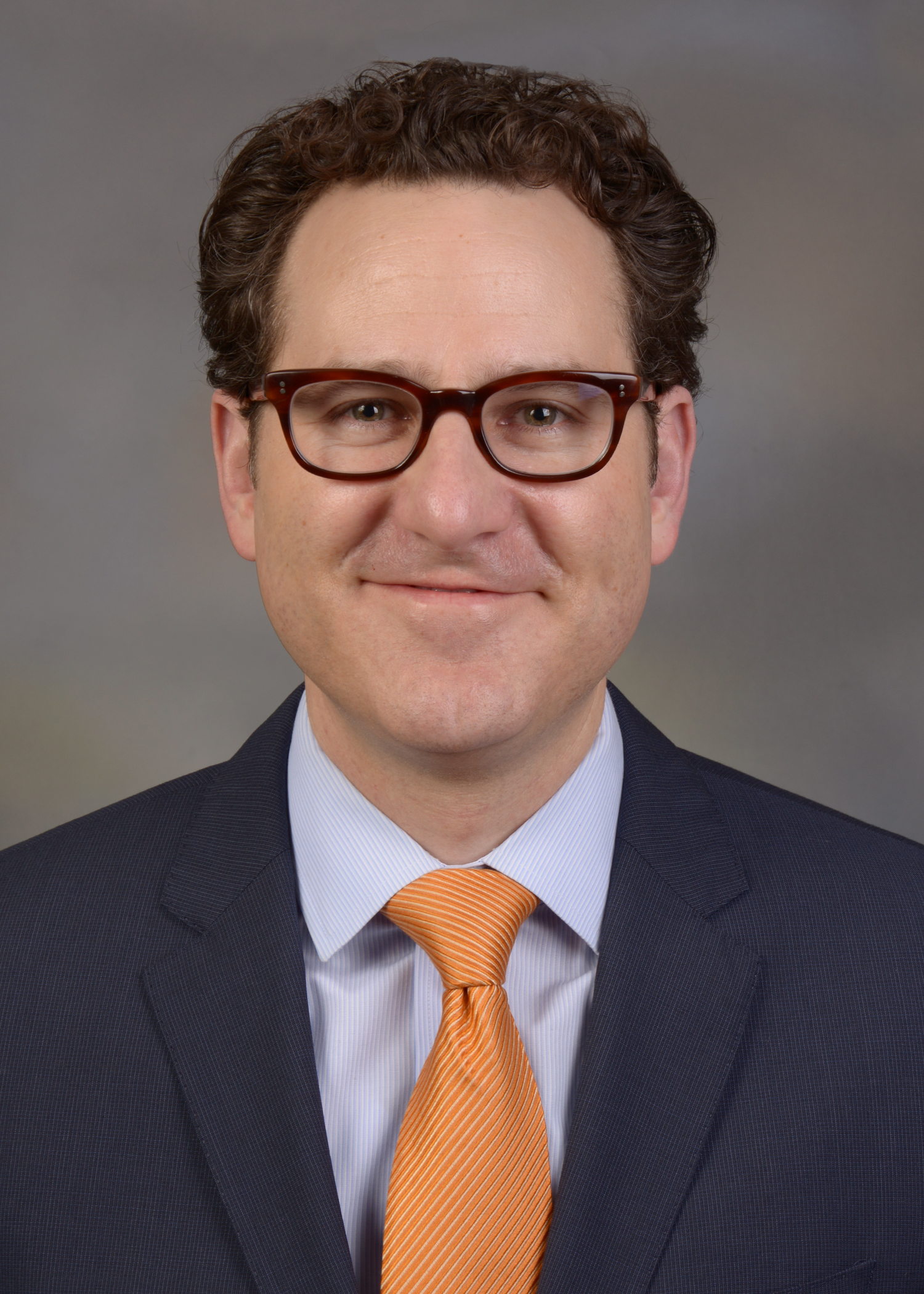 Fuchs Endothelial Corneal Dystrophy (FECD) is a complex genetic disease that affects 6.1 million Americans over the age of 40 and causes endothelial cells, which form a thin layer on the inside of the cornea, to die. Without any available medical therapies to treat or slow the progression of FECD, the only option is replacing the layer of endothelial cells with a cornea transplant.
Fuchs Endothelial Corneal Dystrophy (FECD) is a complex genetic disease that affects 6.1 million Americans over the age of 40 and causes endothelial cells, which form a thin layer on the inside of the cornea, to die. Without any available medical therapies to treat or slow the progression of FECD, the only option is replacing the layer of endothelial cells with a cornea transplant.
In 2016, Dr. Mark Greiner was researching ways to improve the quality of corneal transplants by maintaining the viability of the endothelial cells of donor corneas. On average, within the first six months after a cornea transplant, nearly one-third of the endothelial cells die from the trauma of removal, storage and transplantation.
Dr. Greiner began investigating ways to stabilize donor corneas while awaiting transplantation. “One of the things that we really focused in on was the preservation medium. After removal from the donor, the transplant tissue gets put into corneal storage medium. It's an FDA approved solution.” During their research, Dr. Greiner and his team at Iowa Lions Eye Bank discovered that ubiquinol (the active form of coenzyme Q10) allows endothelial cells to function better and gives them a better chance to survive the transplantation process.
The problem then became how to get ubiquinol into the solution. Ubiquinol is highly insoluble in water, in addition to being a highly unstable and reactive molecule. To get a more stable and soluble molecule, Dr. Greiner reached out Dr. Aliasger Salem, head of the Pharmaceutical Sciences and Experimental Therapeutics division in the College of Pharmacy.
Dr. Salem immediately saw the potential in applying basic research techniques to solve clinical problems through collaboration. It was through this partnership that Dr Salem’s and Dr. Greiner’s labs began working together and publishing their results describing the application of a soluble formulation of ubiquinol for protecting corneal transplant tissue, “but also potentially for use as an eyedrop for corneal diseases.” Greiner went on to explain: “There's currently no medical therapy to prevent the progression of the Fuchs endothelial corneal dystrophy,” which is why FECD is the leading cause of cornea transplants. But there’s great potential for treating FECD with topically applied drugs, such as antioxidants like ubiquinol and rho kinase inhibitors like ripasudil, without the need for a cornea transplant.
All this work led to Dr. Greiner and Dr. Salem applying for and receiving a grant from the National Eye Institute to research and develop ways to make rho kinase inhibitors more effective and available in medical treatments that prevent the progression of FECD. The investigative team is studying rho kinase inhibitors first because of their usefulness in endothelial wound healing and FECD, and has already submitted additional grants to study novel pharmacotherapeutics. The hope is that this collaboration will lead to the first drug therapy to treat FECD directly without a corneal transplant. “We’re trying to put me out of business as a surgeon,” Dr. Greiner joked.